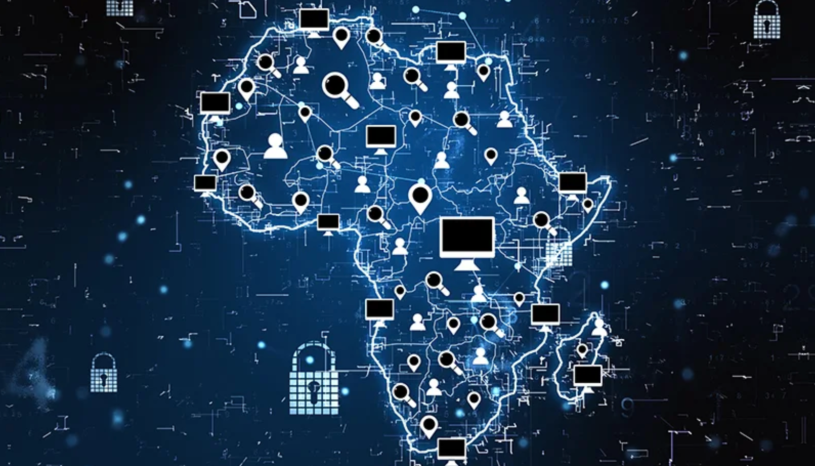This was the subject of a seminar on Tuesday in London by RUSI – the most important military think tank in the the UK. What it revealed was fascinating. This is a summary of what they said which was important for Africa.
The participants were discussing contributors to a new edited volume, Great Cyber Power Competition: Competing and Winning in the Information Environment. The book is rooted in the proposition that it is time for the West to push back against cyber aggression, and that it needs a relevant framework and tools to do so.
The book demonstrates that Western democratic states currently lack both the strategic and the intellectual acumen to compete and win in the information and cyber domains, and argues that the West needs a strategy to compete with rival powers in information and cyber warfare.
- David Gioe, Visiting Professor of Intelligence and International Security, King’s College London
- Maggie Smith, US Army officer and Senior Non-Resident Fellow, The Atlantic Council, Cyber Statecraft Initiative
- David Higgins, Geopolitical analyst, strategic communications industry
- Rod Thornton, Senior Lecturer, King’s College London
- Moderator: Pia Hüsch, Research Analyst, RUSI
Cyber competition in Africa
The central message from the authors was that Russia and China have had a head start and are much more engaged in the cyber competition than the West. Both powers see it as a form of warfare, and have devoted appropriate resources to winning African opinion.
China
The Chinese have long understood the need for unorthodox strategies in their ongoing battle with the West. This is part of their long view of history, which is not interrupted by internal democratic competition.
The best known example of this approach is the Belt and Road strategy, which has received funding of $1 trillion from Beijing.
The war is not just being fought by diplomats but by academics. The establishment of Confucius Institutes at universities across the world (not just in Africa) is an obvious example. Many Africans have been rightly sceptical, but others are taken in.
Russia
The Russians have now taken direct control of the Wagner Group (which was never truly independent) and have used it as a form of influence on the cheap. It is now an expeditionary corps of the Russian state, using two forms of influence: mercenaries and strategic communications.
Both work in tandem, with the Wagner Group using cyber-attacks on African opponents to bolster its military campaigns.
The aim is to help pro-Russian autocrats remain in power. Educational outreach and diplomacy support these efforts.
China and Russia
The two states have different agendas but cooperate in some areas.
This includes coordinating their strategies in the United Nations.
Their central attack is on democratic forms of government, attempting to bolster autocracies and provide them with legitimacy. This is a message that few Africans are really susceptible to.
The West
Western democracies have been slow to respond, and have failed to grasp how important cyber competition is. In recent years this has begun to change, but there is a long way to go.
One area in which the USA, Europe and its allies can respond positively is to help safeguard elections and democratic processes.
There is a rapid development in deep-fakes, apparently showing politicians making statements that they never made. This can be called out and countered.
But the USA only began realising how important this was in 2017 and there is much ground to retake.
